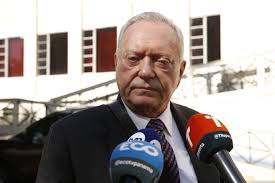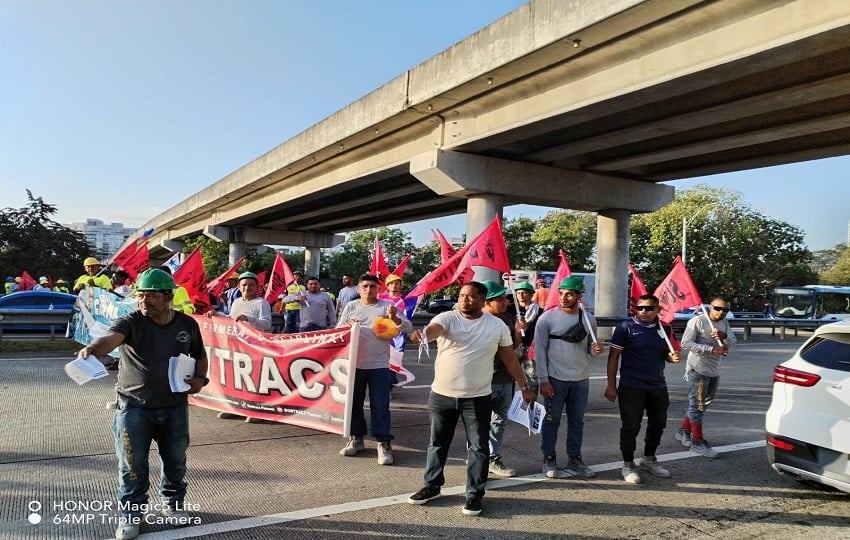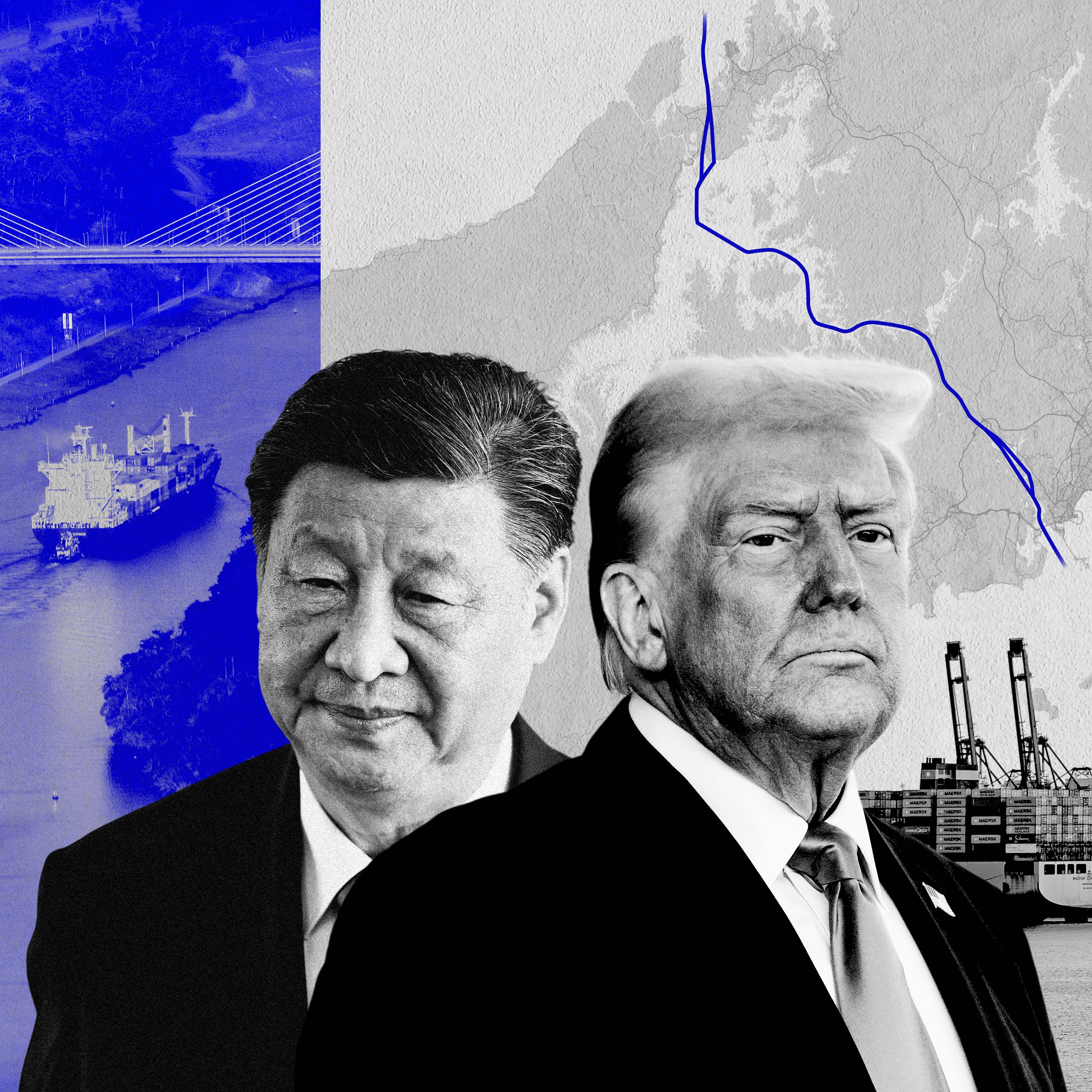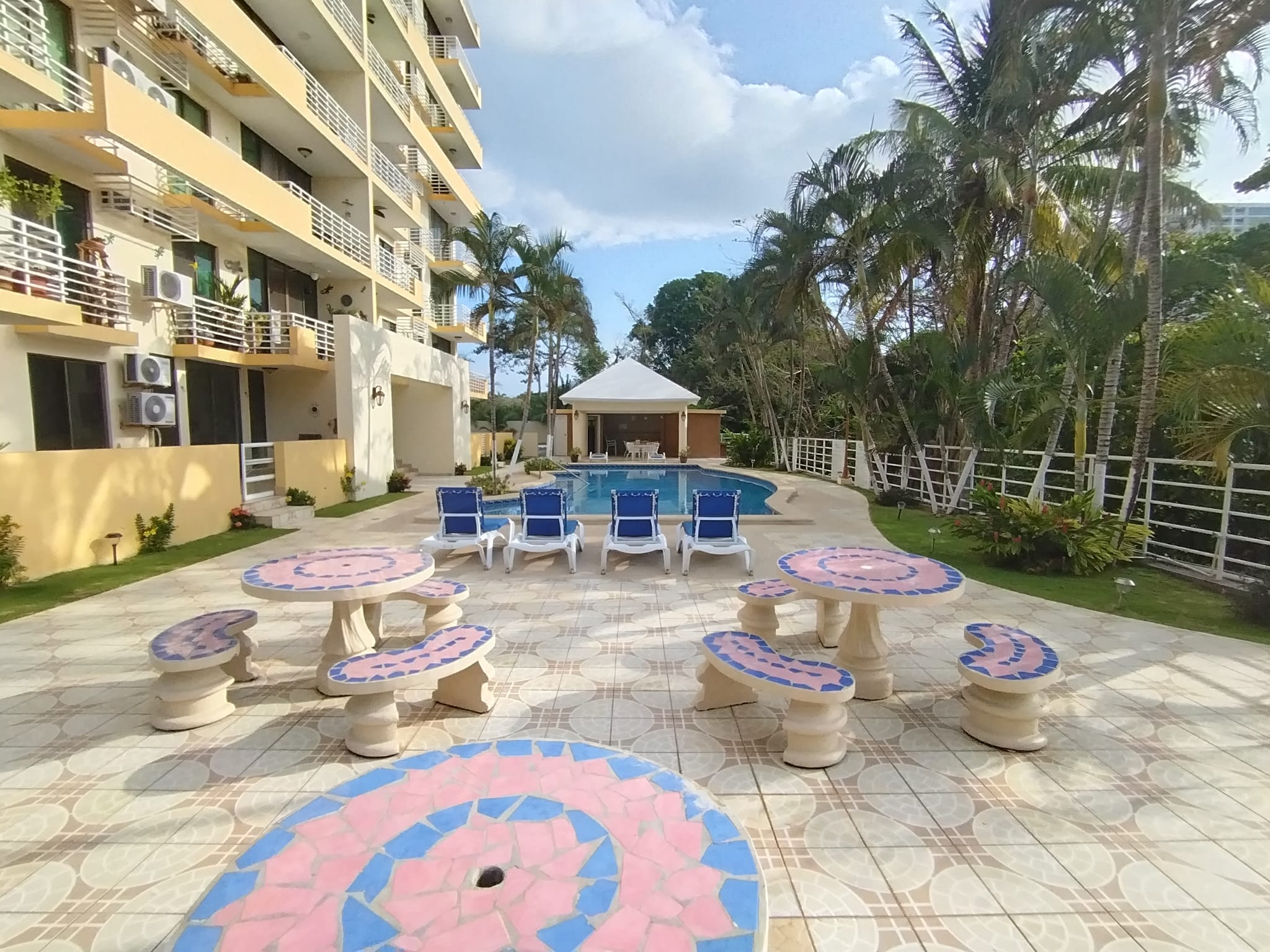Lava Jato prosecutor requests jail terms for 28

The Second Specialized Prosecutor against Organized Crime, Isis Soto, requested the conviction of 28 of the 32 defendants for alleged money lau9, in the Lava Jato case.
On Friday, June 30, Soto insisted that the extinct firm Mossack Fonseca established a broad scheme to hide funds from illegal activities, through the creation of offshore companies and facilitating other services.
She requested an acquittal for four, as the elements provided in the file are not sufficient to establish their link to the crime under investigation.
In contrast, she requested a sentence of five to 12 years in prison for Jürgen Mossack and Ramón Fonseca Mora, co-founders of Mossack Fonseca, and various executives and lawyers of the firm
The prosecutor began her allegations on Thursday, June 29, and finished them on Friday.
She alleged that Ramses Owens carried out direct actions to cover up and hide actions related to the creation of companies and their beneficial owners.
Sandra Naranjo de Cornejo, director of human resources at Mossack Fonseca facilitated the incorporation of companies without due diligence on the instructions of the firm’s executives.
The prosecutor mentioned the statement given by Elba Betancourt, who reached a collaboration agreement with the prosecution. Betancourt stated that it was common practice to sign blank documents and that this was done on large reams of paper.
Katia Solano, in charge of the compliance section of Mossack Fonseca, was aware of the irregular situations.
Solano and other officials acted as nominal directors of many companies created by Mossack Fonseca.
Luis Adonay Martiínez, Mossack Fonseca’s computer chief, participation in the crime was proven by being the person who blocked the firm’s computer system when the Brazilian Federal Police tried to enter to obtain information.
Carlos Sousa-Lennox, supervised Riaño’s activities in Brazil. As head of the marketing department, he pressured Riaño to increase the sale of corporations. Ernesto González, concealed the origin of the funds from Brazil and collaborated in the training of FP Bank Brasil personnel for the creation of companies.
The participation of both as secondary accomplices for helping the main perpetrators by covering up and hiding the origin of illicit goods, for which reason she requested a conviction.
THE INSTRUCTOR
Rubén Hernández, general manager of Mossack Fonseca, was linked to the facts investigated because he was in charge of giving instructions to the rest of the staff and approved the powers granted to Owens for the operation of a subsidiary in Zurich, Switzerland.
Other defendants participated as nominal directors of a multiplicity of companies of which no final recipient was known and they also signed blank documents to comply with these procedures. Some were even signers on bank accounts.
These defendants requested credit cards for the companies without knowing their final recipient, which in her opinion constituted an irregular activity. They also appear in companies in favor of David Muino, convicted in Brazil for money laundering crimes. Muino, according to Brazilian authorities, was an employee of Mossack Fonseca Do Brasil.






